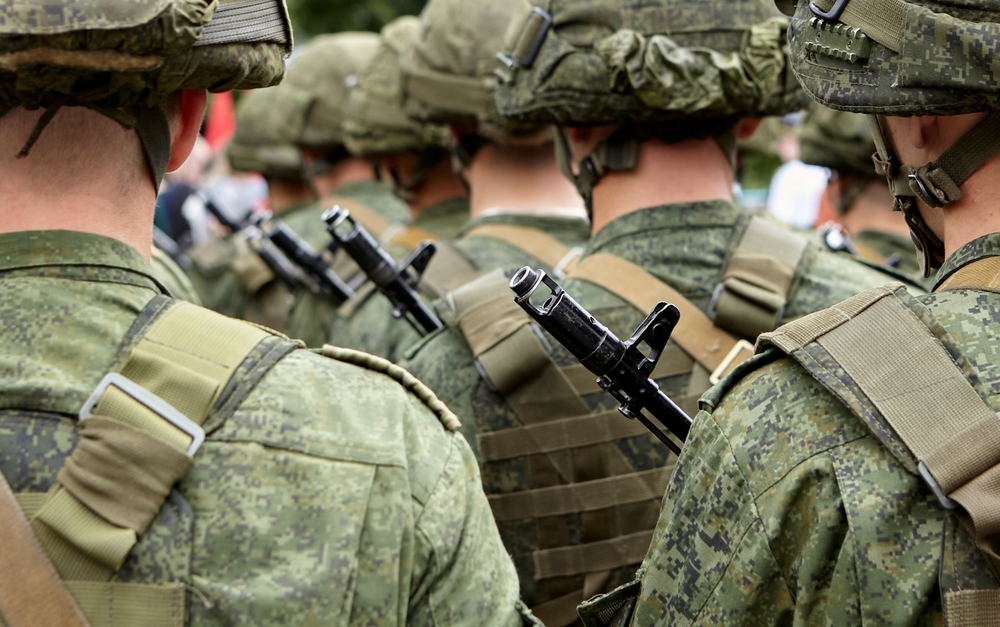Ukraine Reports Massive Losses of Russian Artillery Amid Munitions Shortage.
Others are reading now
According to recent claims from Kyiv, Russian military forces engaged in the conflict in Ukraine have suffered significant losses, including 10,000 artillery systems. These figures were shared by Ukraine’s Defense Ministry via X, the platform formerly known as Twitter.
The ministry’s update highlighted the destruction of 16 Russian artillery systems in just the last 24 hours, contributing to a total loss of 10,009 systems since the onset of the conflict.
Additionally, the ministry reported the loss of 850 Russian troops, 16 armored combat vehicles, and one tank within the same timeframe, bringing the total reported casualties to 411,550 troops, 12,494 vehicles, and 6,556 tanks. These numbers, while significant, have not been independently verified.
The ongoing conflict, which escalated into a full-scale invasion two years ago, has seen a heavy reliance on artillery. Initially, Russia’s superior artillery capabilities allowed for a dominant presence on the battlefield, firing more shells and hindering Ukrainian offensive efforts.
However, the tide began to turn as Western support flowed into Ukraine, equipping Kyiv’s forces with NATO-standard artillery and munitions, and later, dual-purpose improved conventional munitions, including cluster bomblet artillery shells. These advancements led to increased Russian artillery losses and supply chain issues for Moscow’s forces.
Despite these gains for Ukraine, the latter part of 2023 saw a resurgence of challenges for Kyiv, primarily due to a shortfall in munitions. Promises from the European Union to deliver 1 million shells fell short, with only about half arriving. In the United States, political disputes have delayed a significant aid package, further exacerbating Ukraine’s ammunition shortage.
Russia, on the other hand, has sought to bolster its supplies through partnerships with countries like North Korea and Iran, while also ramping up its own production capabilities. This strategic move aims to outpace Western production and support for Ukraine.
Ukrainian Defense Minister Rustem Umerov recently highlighted the discrepancy between Western commitments and actual deliveries of weapons to Ukraine, noting that “Fifty percent of commitments are not delivered on time.” This gap has had tangible effects on the ground, as evidenced by the Ukrainian withdrawal from the strategic city of Avdiivka, where Ukrainian forces found themselves outmatched in artillery and air support.
Ukrainian President Volodymyr Zelensky, speaking at the Munich Security Conference, lamented the impact of the weapons deficit on the conflict, suggesting that it allows Russian President Vladimir Putin to adjust to the war’s current intensity. This situation underscores the complex dynamics of international support and logistics in the ongoing conflict between Ukraine and Russia.



